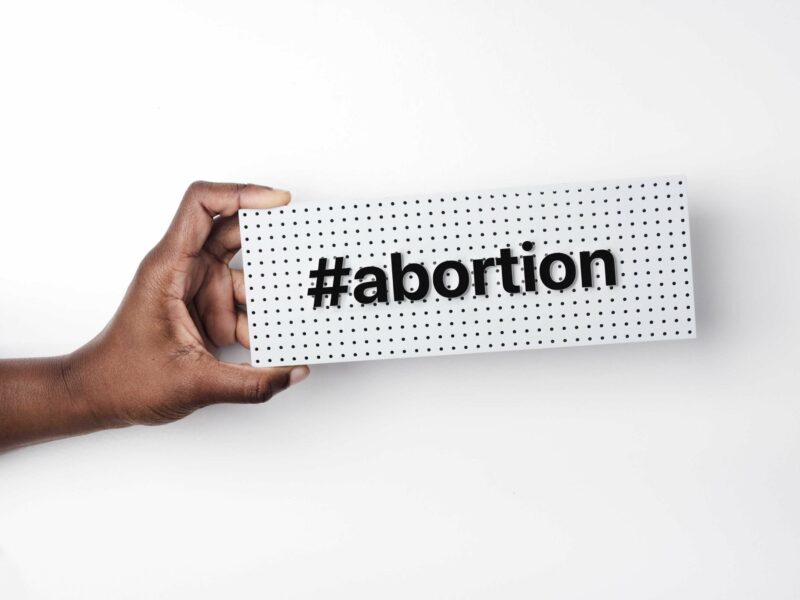On January 24, the United Nations refugee agency reported the detection of five cases of acute flaccid paralysis in Dolo Ado, Ethiopia. Three cases were in the Somali refugee camp there, with two more detected nearby. Health officials sent samples to the capitol Addis Ababa for laboratory confirmation and will begin a nationwide anti-polio vaccination campaign on the 27th.
Acute flaccid paralysis, or the sudden onset of severe weakness or paralysis, is commonly used as a marker in polio surveillance worldwide.
This is disappointing in a country that has been polio free since 2008; particularly because 2012 started with encouraging news about polio eradication efforts. First, on January 12 the World Health Organization (WHO) recognized that India’s 1.2 billion people went without a polio case for one calendar year. Second, the Gates Foundation and Rotary International committed $600 million to polio eradication.
But the recent cases are more foreboding. While located in Ethiopia, the Dolo Ado camp borders Somalia. Aid agencies raised concerns about the spread of polio and other infectious diseases due to the recent drought, considered the region’s worst in 60 years. The virus will be difficult to contain if it has already spread to Somalia, a country riven by two decades of weak government plus lawlessness perpetrated most recently by the Shabaab, an Islamic fundamentalist group.
The Shabaab, Arabic for “youth”, have not been shy to exploit humanitarian emergencies for political gain. They imposed a ban on food aid in 2010, soliciting bribes to grant humanitarian agencies access to starving people. This does not bode well for stepping up polio vaccination efforts there. As recently as November, rumors spread that the Shabaab banned polio vaccinations in two provinces after the World Health Organization refused to pay a bribe.
Even without warlords in the way, polio is a difficult scourge to stop. A highly transmissible virus spread by poor hygiene and unclean water, 95% of those infected are asymptomatic, meaning that they show no symptoms. Those with symptoms usually develop some constellation of fever, sore throat, vomiting, or constipation. Such generic symptoms are associated with many viruses, making polio difficult to suspect and test. In the meantime, those infected still transmit the virus to other people. The alarm is only sounded when the more dramatic presentation of flaccid paralysis famously linked with the disease is discovered, but this symptom appears in less than 1% of those infected. Those unlucky few can be left with a range of physical disabilities.
These biological challenges to eradication can be overcome with consistent and frequent vaccinations. But conflict and lawlessness make such endeavors difficult. It is not a coincidence that polio remains endemic in only Afghanistan, Nigeria, Pakistan, and India (the latter needing two more polio-free years to be officially removed from this category).
The Global Polio Eradication Initiative (GPEI) has struggled to prevent the virus in these conflict-ridden redoubts. Most famously, in 2003, Muslim religious leaders in Northern Nigeria preached that the vaccine was a Western plot to cause sterility, or worse, HIV. Eight months of vaccination boycott was enough to cause a spike in polio cases worldwide. Twelve countries previously declared polio-free detected imported cases caused by the Nigerian virus. After news in July 2011 that the CIA staged a phony hepatitis vaccination campaign in Pakistan, experts are worried distrust will lead to rejecting polio vaccine drives there.
These setbacks have extended the timeline for polio eradication, making it a challenge to maintain momentum. Supporters willing to put up the large amounts of cash needed are dwindling. GPEI faced a $535 million shortfall in their bi-annual budget of over $2 billion as recently as October; the $600 million donated by the Gates Foundation and Rotary International finally fills that gap. Yet even prior to this latest donation, Gates and Rotary already made up 30% of GPEI’s funding.
If polio is indeed confirmed in the two countries, Ethiopia is expected to be able to contain the virus, but the Shabaab are likely to complicate efforts to return Somalia to polio-free status. All are hoping this setback is short lived so 2012 can continue to be a year of good news about polio.
Technical details about polio can be found in the CDC’s Pinkbook.

